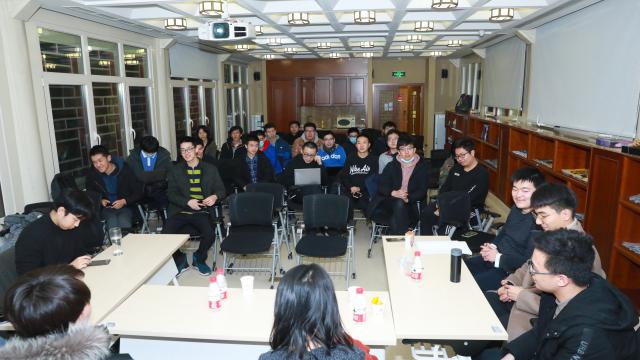The 3rd Mini Research Symposium of CFCS and Turing Class is Held
On December 5th, 2020, the 3rd Mini Research Symposium of CFCS and Turing Class was held at Peking University. 23 students from CFCS and Turing Class signed up to present their latest research works and to give tutorials introducing their research fields. Faculty of CFCS and Turing Class research advisors were invited as the judges. This symposium consists of four sessions: lightning talk, poster exhibition, tutorial, panel discussion, attracting more than 100 students to the activity.
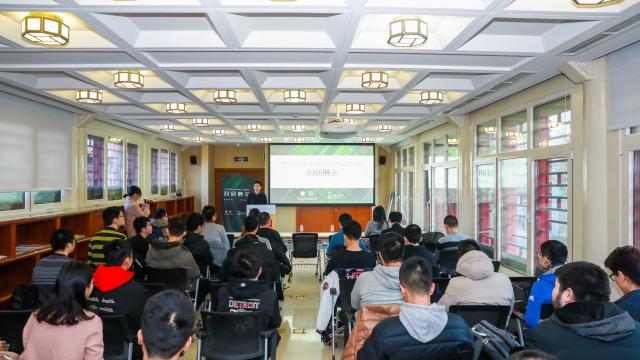
Baoquan Chen, Boya Distinguished Professor of Peking University, executive director of CFCS, Peking university, said in the opening speech that the 3rd Mini Research Symposium has a milestone significance as it was organized by the students themselves with the guidance of teachers. Simulating an international academic conference, the symposium serves as a “training ground” for students so as to prepare them for the future much bigger international stage.
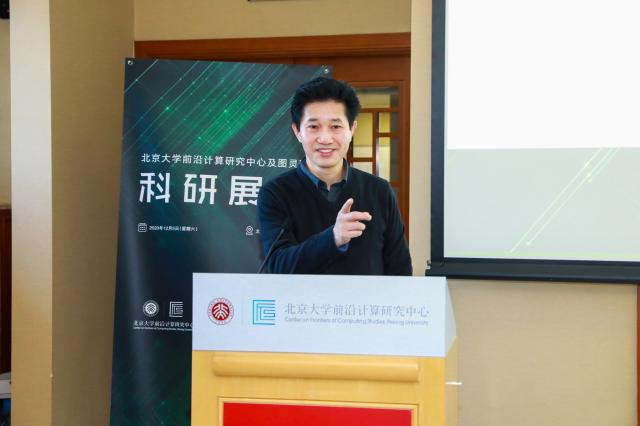
In the lightning talk session, each speaker refined and introduced their research works in 5 minutes, including the fields of computer graphics, computational economics, machine learning, program analysis, autonomous driving, theoretical computer science, and etc. In the afterwards poster exhibition session, 17 speakers stand in front of their own posters to further introduce and discuss their works with the teachers and students who stopped to watch.
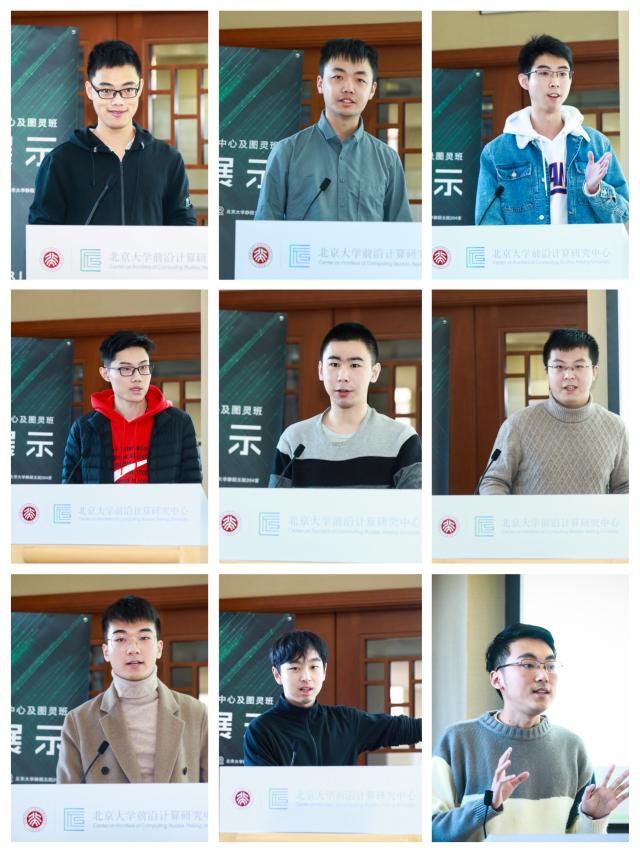
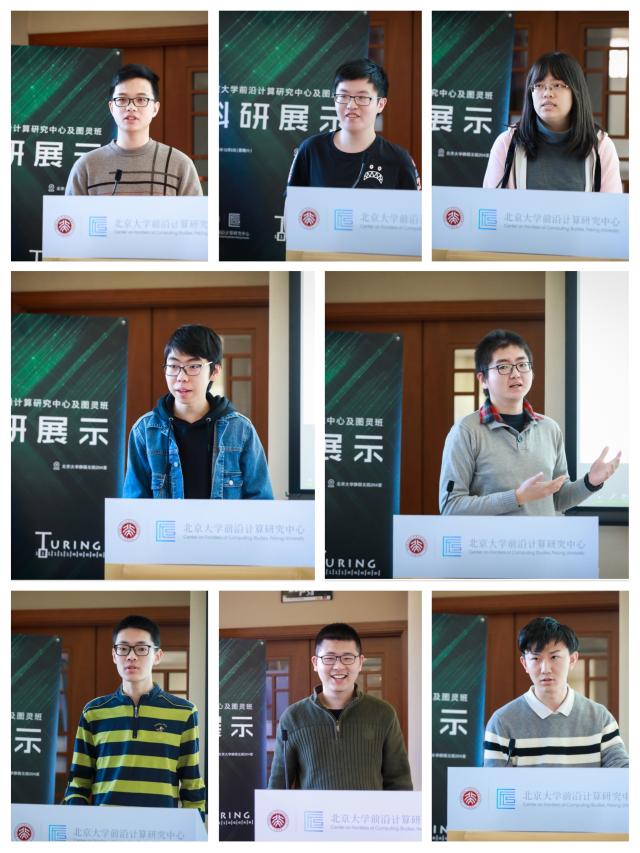
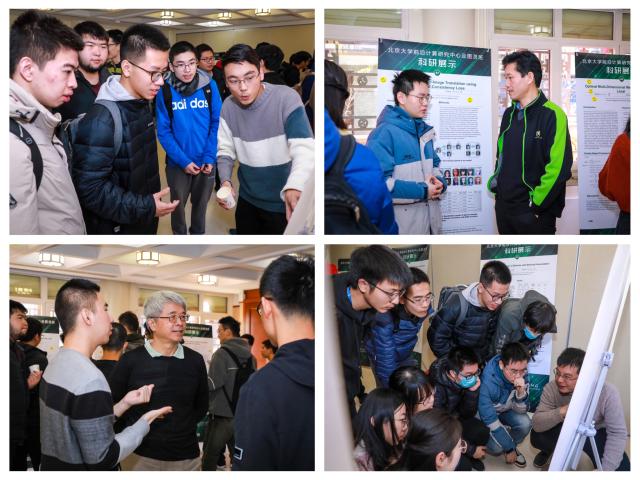
After voting, Shengwei Xu, Yican Sun, Xuandi Ren won the Best Presentation Award; Zhihuan Huang, Zizheng Guo, Yubo Zhang won the Best Poster Award. Faculty of CFCS presented certificates and prizes to the winners.
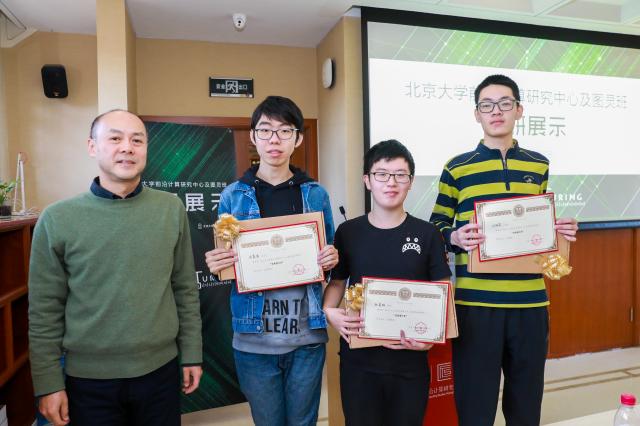
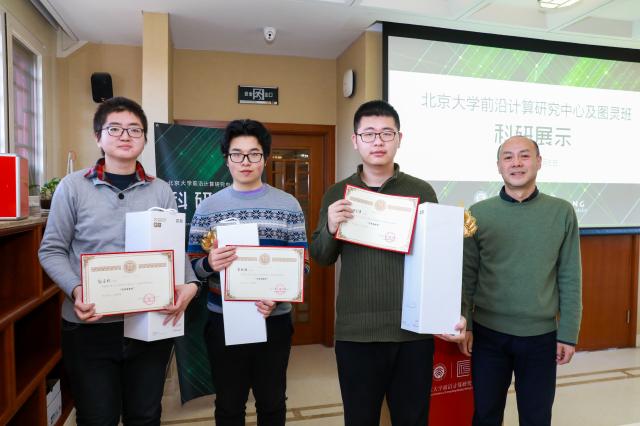
In the tutorial session, each speaker spent 30 minutes introducing the cutting-edge issues of their own research fields in a very simple way, ensuring that all levels of audience can understand. The topics of tutorials covered quantum computing, theoretical computer science, computational economics, computer networks, architecture, program synthesis.
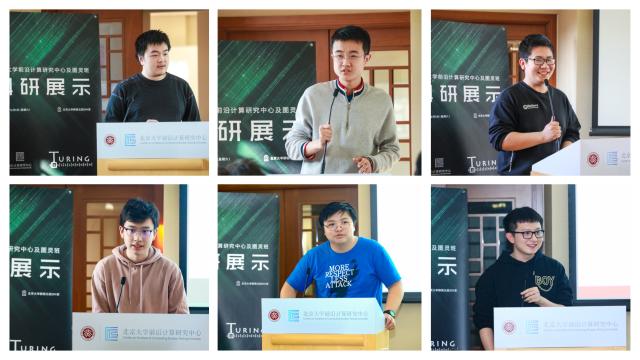
Dr. Yuqing Kong, assistant professor of CFCS, Peking University, chaired the panel discussion. Senior students from Turing Class were invited as guests to share their scientific research experience in the pandemic period.
